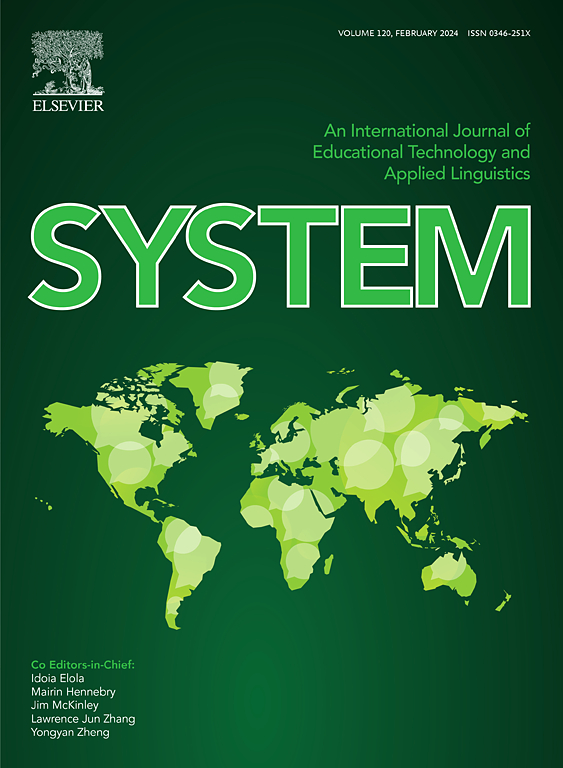富脂日粮促进绵羊模型中微生物依赖的ATP合成
IF 6.5
1区 农林科学
Q1 Agricultural and Biological Sciences
引用次数: 0
摘要
生酮饮食通过脂肪酸的β -氧化而不是碳水化合物糖酵解来产生三磷酸腺苷(ATP),已经在宿主代谢方面获得了共识。然而,生酮饮食改变胃肠道微生物组的机制及其对微生物营养可利用性和能量代谢的下游影响仍有待阐明。在这里,我们使用饲喂富脂肪日粮的绵羊模型来评估胃肠道三个区域(瘤胃、回肠和结肠)的共生微生物组,以全面了解微生物能量代谢和微生物介导的ATP生物合成。结果表明,饲喂高脂肪日粮的绵羊平均日增重更高,对脂肪氧化的依赖程度更高。宏基因组学分析显示,瘤胃中专门的纤维降解细菌(genus_Fibrobacter)丢失,而回肠中参与脂质代谢和胆汁酸加工的RUG420属和真细菌(Eubacterium)富集。与能量代谢相关的重要功能转变在胃肠道微生物组的三个区域共享。这些变化主要由瘤胃的糖酵解/糖异生和TCA循环以及回肠的脂肪酸降解和胆汁酸转化主导,表明对营养可利用性和能量获取的适应。值得注意的是,富脂肪饲粮显著提高了绵羊瘤胃、回肠和结肠中底物水平磷酸化(SLP)酶的丰度,同时提高了瘤胃中family_Bacteroidaceae和回肠中Acutalibacteraceae通过电子传递磷酸化(ETP)产生atp的能力。总之,瘤胃、回肠和结肠中编码SLP和ETP的atp相关微生物组对宿主体重变化的贡献率为36.95%。本研究首次揭示了膳食能量来源转变下微生物在ATP合成中的潜力,为能量代谢和人体宏量营养素精准营养提供了新的视角。本文章由计算机程序翻译,如有差异,请以英文原文为准。
Fat-rich diet promotes microbiome-dependent ATP synthesis in sheep model
The ketogenic diet that forces adenosine triphosphate (ATP) production by beta-oxidation of fatty acids instead of carbohydrate glycolysis, has gained consensus on host metabolism. However, the mechanisms how a ketogenic diet alters gastrointestinal microbiome and its downstream consequences on microbial nutrient availability and energy metabolism remain to be elucidated. Here, we used the sheep model fed with fat-rich diet to evaluate the symbiotic microbiome across three regions of the gastrointestinal tract (rumen, ileum, and colon) to gain a comprehensive understanding of the microbial energy metabolism and microbe-mediated ATP biosynthesis. Results showed that sheep fed a fat-rich diet had a greater ADG and increased reliance on fat oxidation for fuel utilization. Metagenomics analysis showed the loss of the specialized fiber-degrading bacteria (genus_Fibrobacter) in the rumen and enrichment of genera RUG420 and Eubacterium, which are involved in lipid metabolism and bile acid processing, in the ileum. A significant functional shift related to energy metabolism was shared across three regions of the gastrointestinal microbiomes. These shifts were dominated by glycolysis/gluconeogenesis and TCA cycle in the rumen and by fatty acid degradation and bile acid transformation in the ileum, indicating adaptation to nutrient availability and energy acquisition. Notably, the abundance of substrate-level phosphorylation (SLP) enzymes was significantly increased in the rumen, ileum and colon, while the ATP-producing capacity through electron transport phosphorylation (ETP) by family_Bacteroidaceae in rumen and Acutalibacteraceae in ileum of sheep with fat-rich diet. Altogether, the ATP-related microbiome encoding SLP and ETP in rumen, ileum, and colon contributed 36.95% to the host’s weight variation. Our study is the first one demonstrating the microbial potential in the ATP synthesis under the shift in dietary energy source, providing a new perspective on the energy metabolism and precise human macronutrients nutrition.
求助全文
通过发布文献求助,成功后即可免费获取论文全文。
去求助
来源期刊

Journal of Animal Science and Biotechnology
AGRICULTURE, DAIRY & ANIMAL SCIENCE-
CiteScore
9.90
自引率
2.90%
发文量
822
审稿时长
17 weeks
期刊介绍:
Journal of Animal Science and Biotechnology is an open access, peer-reviewed journal that encompasses all aspects of animal science and biotechnology. That includes domestic animal production, animal genetics and breeding, animal reproduction and physiology, animal nutrition and biochemistry, feed processing technology and bioevaluation, animal biotechnology, and meat science.
 求助内容:
求助内容: 应助结果提醒方式:
应助结果提醒方式:


